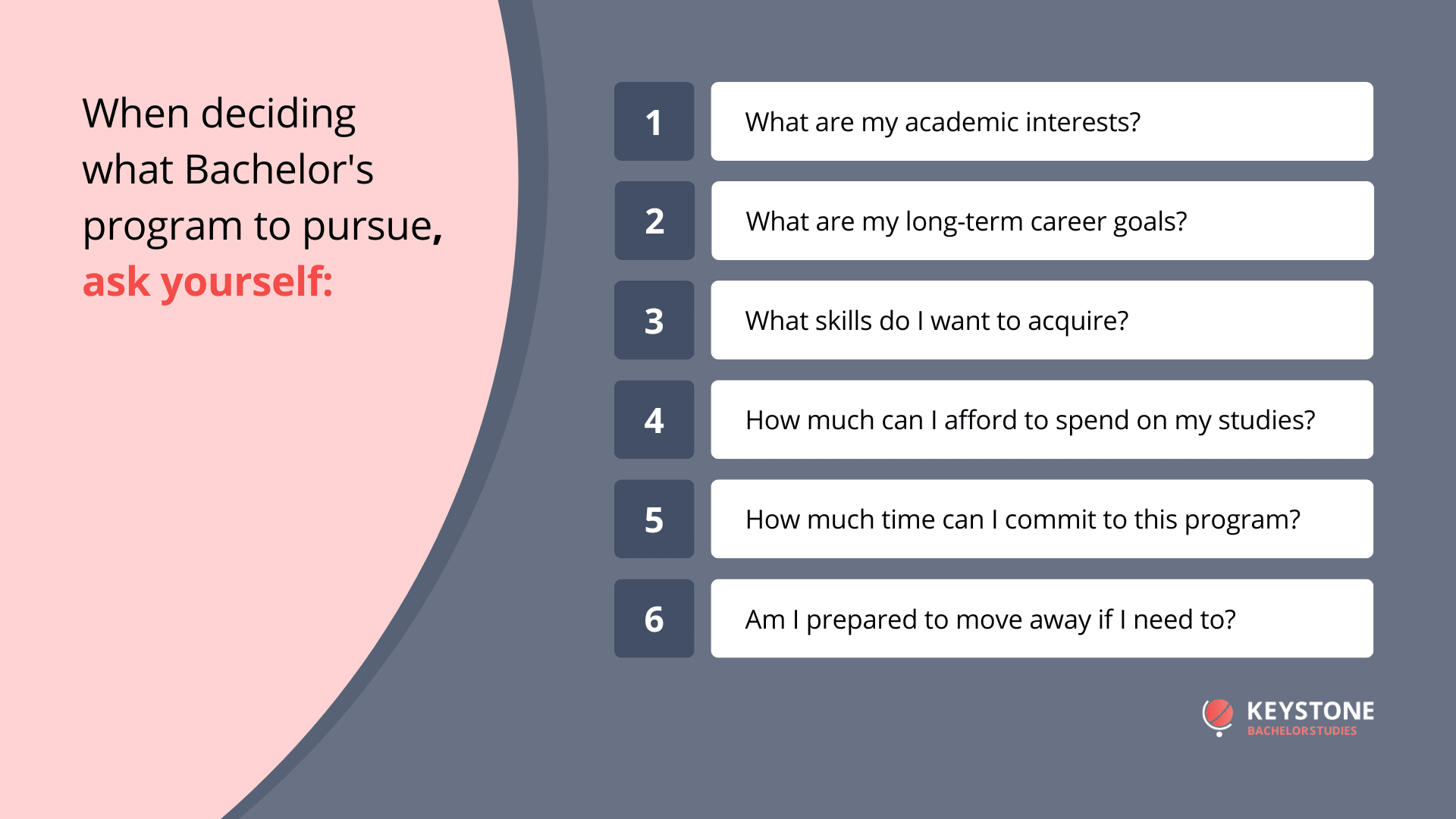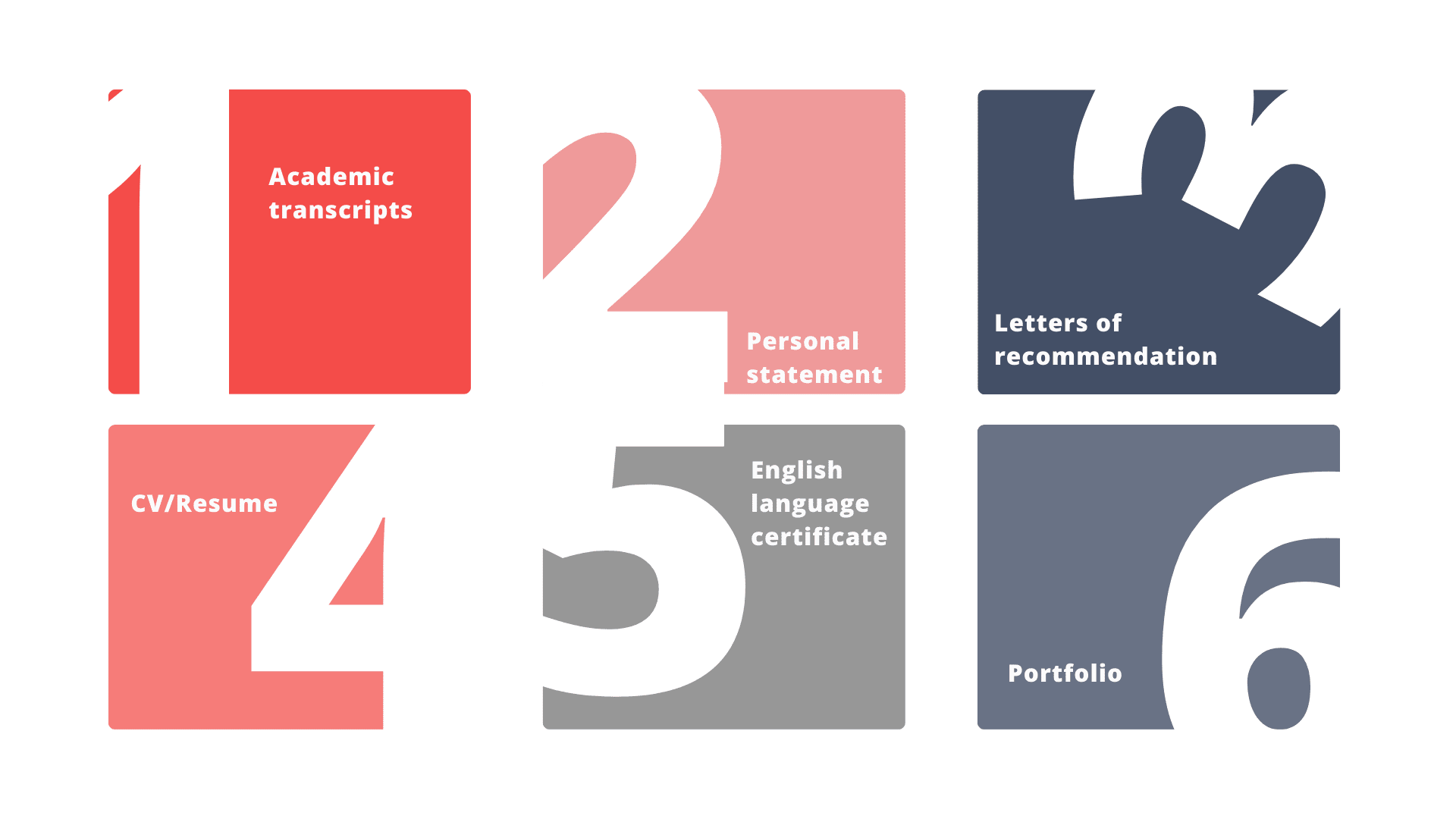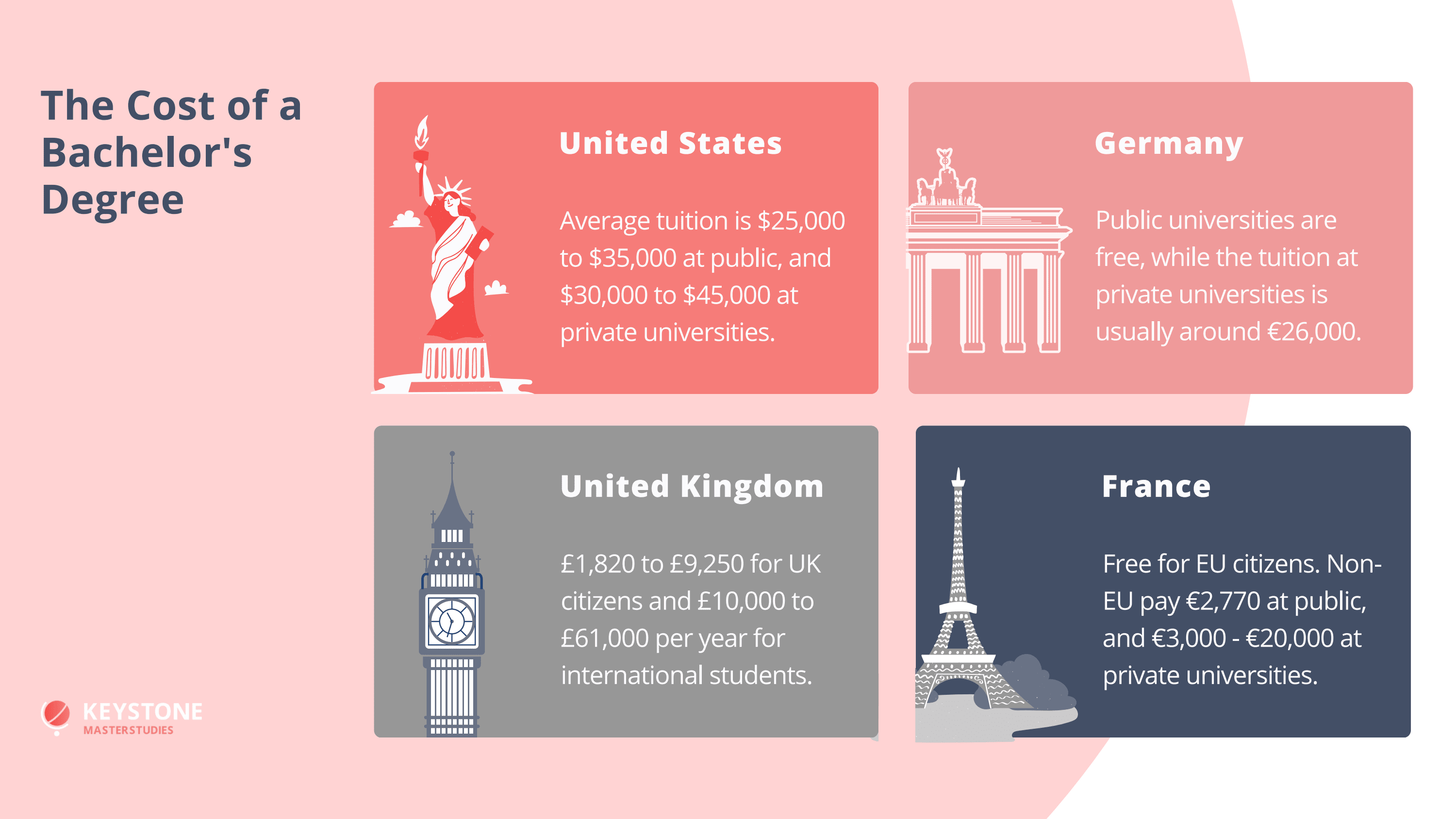ÃÛÌÒÓ°Ïñltimate Bachelor's Degree Guide for International Students
Are you curious about what a Bachelor's degree really involves, trying to find your perfect program, or wondering about the costs? This guide covers all you need to know.
- Student Tips
- Study Abroad
- Education

✨ 5-second summary
- Bachelor's graduates earn significantly more than high school graduates.
- A Bachelor's degree opens up opportunities for more jobs, and for a career in academia.
- The cost of a Bachelor's degree can vary drastically depending on the country - it ranges from free to a small fortune.
Are you pondering over the idea of pursuing a Bachelor's degree, but uncertain if it's the suitable pathway for you? We will give you with all the necessary information you need to decide if and how to get a Bachelor's degree.
What is a Bachelor’s degree?
A Bachelor's degree represents a crucial step in your academic journey, taking place after your high school education or its equivalent.
This degree generally spans three to four years, offering an in-depth exploration into your chosen field after your high school education (or equivalent).
There are numerous types of Bachelor's degrees you can pursue, including but not limited to:
- BS or BSc (Bachelor of Science)
- BA (Bachelor of Arts)
- BEng (Bachelor of Engineering)
- BFA (Bachelor of Fine Arts)
- LLB (Bachelor of Laws)
Choosing the right Bachelor's program

Choosing the perfect Bachelor's program can initially seem overwhelming, but it fundamentally depends on your career goals and academic interests. Ask yourself:
- What are my academic interests? Reflect on which subjects you enjoyed or excelled at during your high school years.
- What are my long-term career goals? Are you clear about your career aspirations? How does a Bachelor's degree fit into your professional goals?
- What skills do I want to acquire? Consider the soft and hard skills you want to learn in your degree.
- How much can I afford to spend on my education? Are you eligible for scholarships or financial aid? Are you open to working part-time or taking a gap year to save money for your degree?
- How much time can I commit to a Bachelor's program? Will you be able to commit to three or four years of continuous study, or do you need to explore part-time or online options?
- Am I ready to move away for university if I need to? If your university is far away from your home, think about whether you're prepared for the challenges that come with living by yourself.
Duration of a Bachelor's degree
Bachelor's programs typically last three to four years, earning you 180 to 240 ECTS credits, or 120 to 160 credits for U.S. colleges.
The exact duration and credit requirements can change based on factors such as the country, the university, and the specific degree program.
The length of your studies may also vary depending on your chosen mode of study—part-time, full-time, or an accelerated program.
Already decided that you'd like to get a Bachelor's?
Discover Bachelor's programs worldwide!
Discover programs →Bachelor's degree requirements

To enroll in a Bachelor's degree program, students generally need to have a high school diploma or equivalent and must demonstrate proficiency in the language of instruction.
However, there are usually other additional requirements that students need to meet in order to apply for Bachelor's programs. We've created a that covers these in-depth. But here's the brief overview:
- Academic Achievements
- Depending on the competitiveness of the program you are applying for, there may be minimum GPA (grade point average) requirement that you need to meet.
- Personal Statement/Motivation Letter
- A personal statement is an opportunity to highlight your passion for the subject and your reasons for choosing that particular program and university.
- Professional or Extracurricular Experience
- Activities like volunteering, work, internships, or participation in clubs or societies can distinguish you from other candidates and demonstrate your commitment and leadership skills.
- Language Proficiency
- You will be usually required to provide proof of language proficiency if you're not a native speaker of the language of instruction.
- Additional Requirements
- There may be further requirements. These could include submitting SAT or ACT scores, letters of recommendation, or a personal portfolio.
Career benefits of a Bachelor's degree
A Bachelor's degree offers many tangible and intangible benefits. Here are some of them:
Specialized Knowledge and Skills
A Bachelor's degree equips you with a comprehensive understanding of a specific field and you will develop lots of valuable skills. For example, a Bachelor's degree in Business Management cultivates the knowledge and skills on strategic planning, project management, and financial forecasting.
More Job Opportunities and Higher Salary
Many professions nowadays require a Bachelor's degree as a minimum qualification.
What's more, a showed that the median annual salary of 25 to 34 year old full-time workers is 25% higher for Bachelor's degree graduates than high school grads ($44,100 a year to $59,600).
Networking and Connections
Universities are not only fantastic places to connect with people who could further your career, but many also provide job placement services and opportunities for internships as a part of their Bachelor's degree programs.
Pathway to Further Study
A Bachelor's degree is necessary if you wish to pursue a Master's or a PhD program in the future. So, if you would like to develop your career in academia, you may want to consider getting an early start with a Bachelor's program.
The cost of a Bachelor's degree
The cost of a Bachelor's degree depends on several factors, including the country where you intend to study, your citizenship status, your eligibility for funding and scholarships, and visa requirements, among others.
Here's a more detailed breakdown of how much getting a Bachelor's degree costs in different parts of the world:
| United States | $25,000-35,000/year at public, and $30,000-$45,000/year at private universities |
| United Kingdom | £10,000 to £61,000 per year |
| Germany | Free at public universities, €26,000/year for private universities |
| France | Free for EU citizens. Non-EU pay €2,770 at public, and €3,000 - €20,000 at private universities. |

Note: Make sure to check the specific costs and funding opportunities for your desired program.
Completing your Bachelor's program online
With the rise of digital learning, many universities are now offering online and hybrid programs. Pursuing a Bachelor’s degree online comes with various benefits:
- Cost-effectiveness: Online degrees often come at a lower cost than traditional on-campus programs.
- No travel time: Study from the comfort of your home without the need for commuting.
- Flexibility: Online learning allows you to manage your studies around your existing commitments.
Online degrees are a great option if you want to study at a university abroad while avoiding living expenses associated with studying overseas or if you need the flexibility of online studies while balancing other responsibilities.

Sara Evans
Author
Sara is the Content Designer at ÃÛÌÒÓ°Ïñ Academic Solutions, in charge of creating and curating content for students across the globe. Due to her background in UX and teaching, she's always in pursuit of new ways of presenting information more clearly.
Read related articles

Are International Students Immigrants? The Debate Explained

Six Things All International Students Should Do Before Traveling

